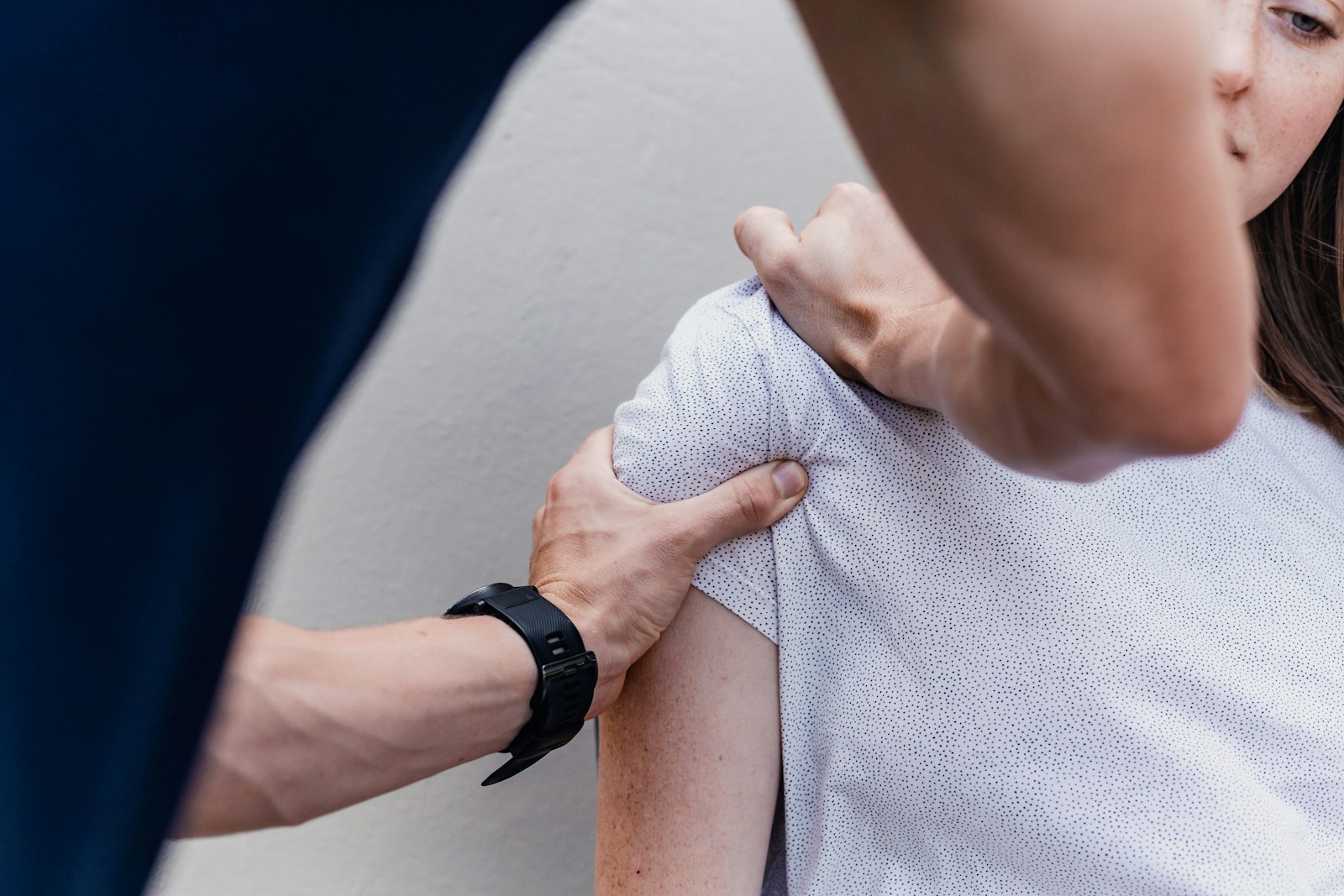AI Scribe is Transforming How Physiotherapists Take Notes
Introduction
Physiotherapists dedicate their time to helping patients recover from injuries, improve mobility, and manage pain. But behind every patient session lies an administrative burden — documenting assessments, tracking progress, and ensuring compliance with insurance and legal requirements.
Practitioners often find themselves spending hours each day on documentation, taking time away from patient care and increasing the risk of burnout. AI note-taking technology is changing the game by automating clinical documentation, making the process faster, more accurate, and far less stressful.
In this article, we’ll explore:
- How AI-powered documentation works
- The benefits of AI documentation for Physio
- Real-world use cases
- The future of AI scribe software
The Challenges
Practitioners are required to maintain accurate records for several reasons:
- Legal & Compliance – Regulatory bodies require detailed records of patient history, treatment, and outcomes.
- Insurance & Billing – Insurance providers demand comprehensive documentation to approve claims.
- Patient Progress Tracking – Detailed notes help therapist monitor improvements and adjust treatment plans.
- Collaboration with Other Professionals – Accurate notes ensure seamless communication between physicians and other healthcare providers.
Despite being essential, manual note-taking is time-consuming and often leads to rushed, incomplete, or delayed documentation. This is where AI-powered scribe software comes in.
How AI Note Taking Works
AI Scribe software uses advanced speech recognition and natural language processing (NLP) to transcribe patient-therapist conversations and automatically structure notes.
The Process in Action
- Recording the Session – The AI tool listens in real-time as the practioner assesses the patient.
- Transcription & Structuring – It converts spoken words into structured SOAP notes, assessment reports, or progress summaries.
- Auto-Fill & Smart Suggestions – The software detects key terms like “range of motion,” “joint stiffness,” or “exercise prescription” and organizes them accordingly.
- Review & Finalization – The therapist quickly reviews the AI-generated notes, makes any edits if necessary, and saves them.
- EHR Integration – The notes sync with electronic health record (EHR) systems, making it easy to retrieve and update patient information.e.g. AllyScribe offers native integration with Cliniko.
See it in action with:
Benefits
1. Save Hours on Documentation
Traditional documentation can take 2–3 hours per day. AI-powered note-taking reduces this to minutes, allowing providers to focus on patient care rather than paperwork.
2. Improve Accuracy & Consistency
Manual documentation often results in missing details or rushed notes. AI tools ensure comprehensive, structured notes, reducing the risk of errors and ensuring consistency across patient records.
3. Reduce Administrative Burnout
Many practitioners experience documentation fatigue, leading to stress and inefficiency. AI note-taking eliminates after-hours paperwork, improving work-life balance.
4. Enhance Patient Experience
With AI handling documentation, providers can maintain better eye contact, engage more deeply, and focus entirely on the patient, leading to improved trust and communication.
5. Seamless Integration with EHRs & Billing Systems
AI-generated notes can be directly uploaded into EHR systems and linked to billing software, ensuring smooth insurance claim processing.
Real-World Use Cases
1. Initial Patient Assessments
- AI scribes record patient history, symptoms, and injury details during the first consultation.
- Automatically generates subjective findings (pain levels, movement restrictions) and objective assessments (range of motion, muscle strength).
- Saves time by eliminating manual typing and ensures no critical details are missed.
2. Exercise Prescription & Rehabilitation Plans
- AI-powered note-taking captures prescribed exercises, including sets, reps, and progression plans.
- Automatically structures recommendations for home-based rehabilitation programs.
- Ensures therapists can easily track progress without having to manually update notes.
3. Post-Surgery Documentation
- Tracks recovery milestones for patients after knee replacements, ACL reconstructions, or rotator cuff surgeries.
- AI-generated notes include gait analysis, muscle activation improvements, and mobility assessments.
- Reduces time spent on progress reports for surgeons and insurance providers.
4. Sports Injury Rehabilitation
- AI note writing apps helps physiotherapists record functional movement assessments, strength testing, and return-to-sport readiness.
- Ensures providers can provide data-driven rehab programs with minimal administrative work.
5. Chronic Pain & Long-Term Management
- Automates documentation for patients with chronic pain conditions like arthritis, lower back pain, or fibromyalgia.
- Tracks long-term progress trends, pain scores, and lifestyle modifications seamlessly.
- Reduces administrative workload while ensuring comprehensive patient history tracking.
Concerns
Is It Secure & Confidential?
Yes. Most AI-powered documentation tools comply with HIPAA, GDPR, and local privacy regulations, ensuring patient confidentiality is maintained. For example, AllyScribe being an Australian made product, is not only compliant with HIPAA, GDPR but also the Australian Privacy Principals (APP).
How Does AI Handle Complex Cases?
The LLM models that AI scribes use are trained in medical terminology and continuously improve through feedback. However, it’s good practice to always review before finaliz(s)ing the generated notes.
The Future
The future of AI-powered documentation looks promising. Upcoming innovations may include:
- Voice-Activated Commands – Allowing therapists to dictate specific commands like “Highlight key findings” or “Insert pain scale data.”
- Predictive Documentation – AI suggesting treatment modifications based on previous patient data.
- Multi-Language Support – Assisting therapists working with diverse populations.
- Integration with Wearables – AI automatically syncing data from motion sensors, smart braces, or posture trackers to generate real-time reports.
Conclusion
AI Scribe is revolutioniz(s)ing documentation, making it faster, more accurate, and less burdensome. By reducing administrative tasks, allied health professionals like physiotherapists can focus on patient recovery, improve efficiency, and avoid burnout.
As AI technology continues to evolve, adopting an AI scribe tailored for physiotherapy like AllyScribe will elevate your practice into the modern times. Keen to explore more? Get in touch with us for a live demo.

